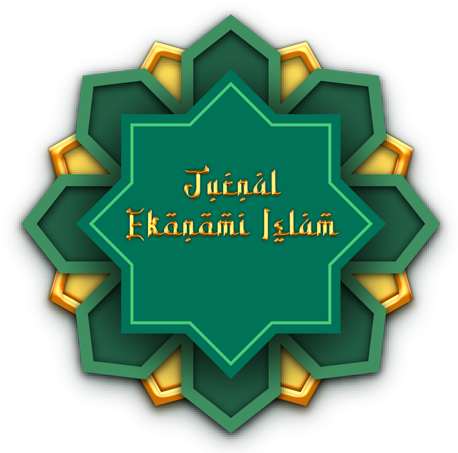Main Article Content
Abstract
This article offers a strategy for generating a sustainable economy through community-based halal tourism. Based on data from the Kerinci Regency Research and Development Bappeda in 2020, there are 127 tourist attractions spread across 16 sub-districts. Then, each sub-district of Sungai Penuh City has 46 cultural heritage sites and 25 tourist destinations. However, this tourism potential is not managed optimally. Tourism is one of the sectors that contributes the largest foreign exchange to the region and benefits the community. The method used is a qualitative research method with a library research approach. Data analysis techniques use data reduction, data presentation, and conclusion. This research shows that sustainable economic development can be strengthened through community-based halal tourism by optimizing pillars such as the social pillar, tourism management, stakeholder roles, and social media. Then, the economic pillar creates MSMEs and opens up job opportunities and environmental pillars. If all of these pillars can be maximally applied to halal tourist destinations, this will impact realising a sustainable economy. Because the community understands governance and can accommodate tourism potential, the community also feels the benefits of economic revival.
Article Details

This work is licensed under a Creative Commons Attribution-NonCommercial-ShareAlike 4.0 International License.
Authors who publish with this journal agree to the following terms:
Authors retain copyright and grant the journal right of first publication with the work simultaneously licensed under a Creative Commons Attribution License that allows others to share the work with an acknowledgement of the work's authorship and initial publication in this journal.
Authors are able to enter into separate, additional contractual arrangements for the non-exclusive distribution of the journal's published version of the work (e.g., post it to an institutional repository or publish it in a book), with an acknowledgement of its initial publication in this journal.
Authors are permitted and encouraged to post their work online (e.g., in institutional repositories or on their website) prior to and during the submission process, as it can lead to productive exchanges, as well as earlier and greater citation of published work (See The Effect of Open Access).
